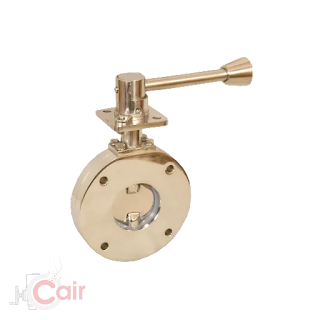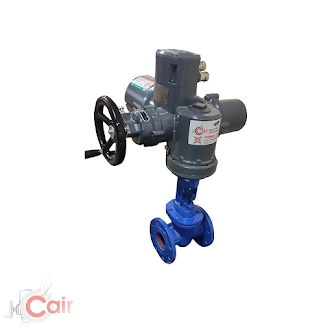Understanding Sluice Valves: How They Work and Their Applications
Sluice valves, also known as slide gates or penstocks, are mechanical devices used to control the flow of liquids, gases, and bulk materials in pipelines. These valves are designed to open and close quickly, allowing for precise flow control and easy maintenance. In this blog, we will explore the different types of sluice valve available, their applications in various industries, and how to choose the right one for your needs.
What are Sluice Valves and How Do They Work?
Sluice valves work by using a gate or a slide to control the flow of the fluid. The gate is typically made of metal or plastic and is attached to a stem that is controlled by a handwheel or an actuator. When the stem is rotated, the gate moves up or down to open or close the valve. Sluice valves are available in a variety of sizes and materials to meet the needs of different applications.
Types of Sluice Valves Available
There are several types of sluice valves available, each with its own unique features and benefits. The most common types of sluice valves include:
Knife gate valves:- These valves have a sharp-edged gate that cuts through materials to prevent clogging. They are commonly used in mining, pulp and paper, and waste water treatment applications.
Radial gate valves:- These valves have a circular gate that rotates to open and close. They are commonly used in irrigation, hydroelectric power, and water treatment applications.
Tilting disc valves:- These valves have a disc that tilts to open and close. They are commonly used in chemical processing, power generation, and oil and gas applications.
Applications of Sluice Valves in Industries
Sluice valves are used in a wide range of industries, including water treatment, power generation, mining, and chemical processing. In water treatment, sluice valves are used to control the flow of water in pipelines and to regulate the flow of water to and from treatment plants. In power generation, sluice valves are used to control the flow of water and steam in pipelines to generate electricity. In mining, sluice valves are used to control the flow of materials in pipelines to prevent clogging. In chemical processing, sluice valves are used to control the flow of chemicals in pipelines to prevent contamination.
How to Choose the Right Sluice Valve for Your Needs
When choosing a sluice valve, it's important to consider the specific needs of your application. Factors to consider include the type of fluid or material being controlled, the pressure and temperature of the fluid or material, and the size of the pipeline. Additionally, it's important to choose a valve that is made of a material that is compatible with the fluid or material being controlled and that is durable enough to withstand the conditions of the application.
Another important aspect to consider is the after-sales services provided by the manufacturer. The manufacturer should be able to provide timely support and maintenance services to ensure the optimal performance of the valves. Also, it's important to consider the certifications and accreditations of the manufacturer. Look for ISO 9001, CE, and other certifications that indicate the manufacturer's commitment to quality and compliance with industry standards.




Comments
Post a Comment